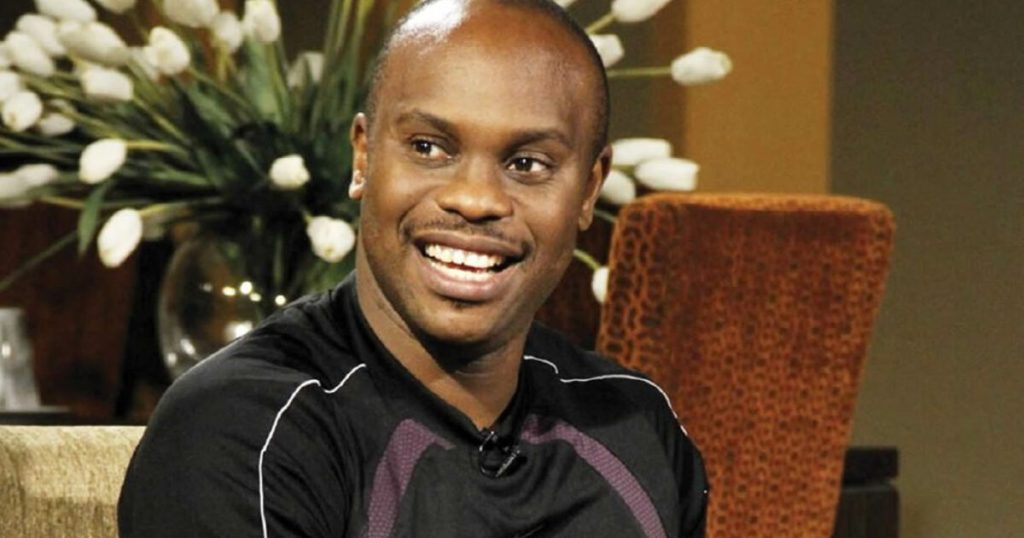Enefiok Udo-Obong, a two-time Olympic medalist representing Nigeria, has sparked a debate about the entitlements of athletes, particularly regarding financial benefits from the government. His stance, articulated through a Facebook post, directly challenges the notion that athletes deserve lifetime financial support. This discussion arose following criticism directed at the Nigeria Football Federation (NFF) and the government for perceived neglect of former football players, particularly after the passing of former Super Eagles goalkeeper, Rashidi Yekini and more recently Peter Rufai. Several ex-players, including notable figures like Taribo West and Austin Eguavoen, publicly voiced their grievances, lamenting the apparent lack of support for retired athletes. Udo-Obong’s intervention, however, presents a counter-narrative, asserting that respect and recognition are sufficient recompense for an athlete’s contributions to the nation.
Udo-Obong’s central argument revolves around the idea that representing one’s country in sports is a privilege, not a sacrifice warranting lifelong financial compensation. He contends that athletes already benefit significantly from the opportunity to compete on a national and international stage, gaining exposure, experience, and often, substantial financial rewards during their active careers. He contrasts the athlete’s experience with that of soldiers, who, he argues, make far greater sacrifices, including risking their lives for the nation’s security. This comparison serves to underscore his belief that athletes’ demands for ongoing financial support are unwarranted, especially when compared to the contributions and risks undertaken by members of the armed forces.
The NFF’s response to the criticisms from former players further complicates the issue. Their statement, released in the wake of the public outcry, refuted the allegations of neglect. While the details of the NFF’s rebuttal remain unspecified in the provided text, their response indicates a disagreement with the narrative presented by the former players. This divergence of opinions highlights the complex relationship between athletes, governing bodies, and the public’s perception of their respective roles and responsibilities. The debate extends beyond financial support, encompassing broader questions of recognition, respect, and the long-term well-being of athletes after their competitive careers have ended.
Udo-Obong’s perspective, rooted in his own experiences as a successful Olympian, offers a unique insight into the athlete’s mindset. Having achieved significant accolades, including gold and bronze medals in the 4x400m relay at the Sydney 2000 and Athens 2004 Olympic Games, respectively, he speaks from a position of authority within the sporting community. His subsequent career trajectory, which includes a prominent role as Technical Director of the Kingdom of Saudi Arabia Athletics Development Programme, further solidifies his expertise in the field. This professional success, achieved through competition with experts from countries like the US, Britain, and Australia, suggests a strong understanding of the global landscape of athletics and the various support systems available to athletes.
The broader context of athlete welfare in Nigeria plays a significant role in this debate. While Udo-Obong argues against lifetime financial benefits, the concerns raised by other former athletes highlight potential gaps in the support system available to them after retirement. These concerns may stem from various factors, including inadequate career transition programs, lack of financial planning resources, and the inherent uncertainties of a career heavily reliant on physical prowess and performance. The contrasting views expressed by Udo-Obong and his fellow athletes underscore the need for a comprehensive and nuanced approach to athlete welfare, one that addresses both the immediate needs and long-term well-being of those who represent the nation in sports.
Ultimately, the discussion ignited by Udo-Obong’s comments transcends the simple question of financial entitlements. It delves into the complex relationship between athletes and their nation, exploring themes of sacrifice, recognition, and the responsibilities of sporting bodies and governments in supporting their athletes. It raises fundamental questions about the societal value placed on athletic achievement and what constitutes adequate support for those who dedicate their lives to representing their country on the global stage. Finding a sustainable and equitable solution requires open dialogue, careful consideration of the diverse perspectives within the sporting community, and a commitment to ensuring that athletes receive the respect, recognition, and resources they need to thrive both during and after their competitive careers.


